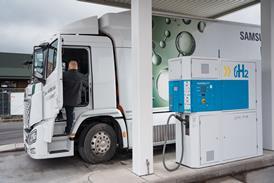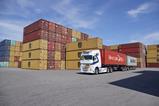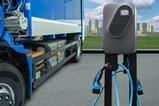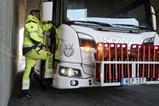Designwerk Technologies AG, the Swiss electromobility specialist, has announced the use of lithium iron phosphate (LFP) battery cells to power an electric truck starting next year. The LFP technology is the latest addition to Designwerk’s portfolio, and it will be used to supply energy to the all-electric HIGH CAB Semi Lowliner 4x2T from 2024.
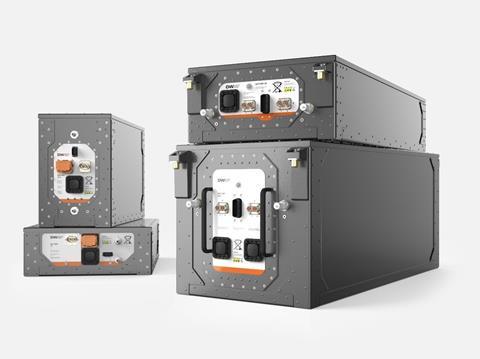
One of the crucial components of any electric vehicle is its battery, and Designwerk is meeting the diverse requirements of its customers with its high-voltage battery systems. LFP cells are known for their high number of charging cycles and long service life, making them ideal for use in low-range vehicles such as distribution transport, says the company. Furthermore, LFP cells do not require critical materials such as nickel, cobalt, or manganese, making them a more sustainable option.
“In the case of LFP cells, we expect the end of life after at least 3000 cycles, and in the case of NMC cells, it is reached after about 2000 cycles. With LFP, the maximum mileage for the vehicle is, therefore, significantly higher,” says Thomas Prohaska, Product Manager Battery Systems at Designwerk. The company plans to continue using NMC batteries for its long distance applications.
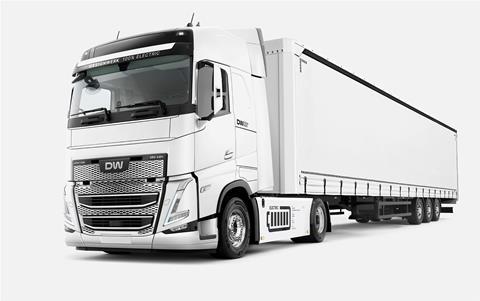
The manufacturer ensures the disposal of its batteries with minimal impact on the environment. After use in the vehicle, the battery is tested for further use, for example, as an industrial storage system or as a buffer storage in a charging station. Only at the end of its life is the battery handed over for disposal, and the valuable raw materials of the battery are recycled according to the current state of the art.
Designwerk’s expanded battery portfolio allows logistics service providers to benefit from a more durable solution, with LFP cells for low-range vehicles and NMC cells for long-range vehicles.


